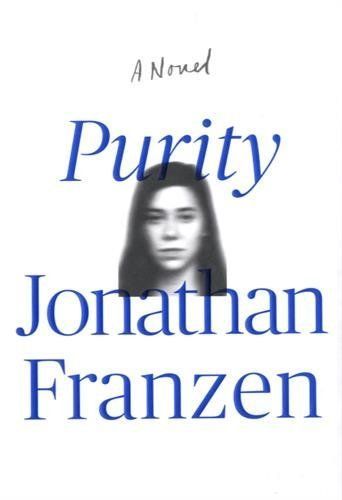
Reviews
Izza@m0thermayi
Mykyta Barabanov@mukuta
Nelson Zagalo@nzagalo
Mykyta Barabanov@mukut
Cindy Lieberman@chicindy
Sabine Delorme@7o9
jiaqi kang@jiaqi
Melody Izard@mizard
Rachel@wellreadcatlady
Luigi Mozzillo@mzll
Arne Loth@arnaldo
Saara M@saaramo
Allison Dempsey@alliedempsey
K K@kristinak2509
Maurice FitzGerald@soraxtm
Caroline@galfiend
ann@nemereno
Matteo@grrteexhuygjrcgdff
Katherine @keccers
Gabby Holt@ahulii
Tanlyn Roelofs@tanroe
Cory Forsyth@bantic
Ipek@ataegina
Ioana Kardos@ioanakardos